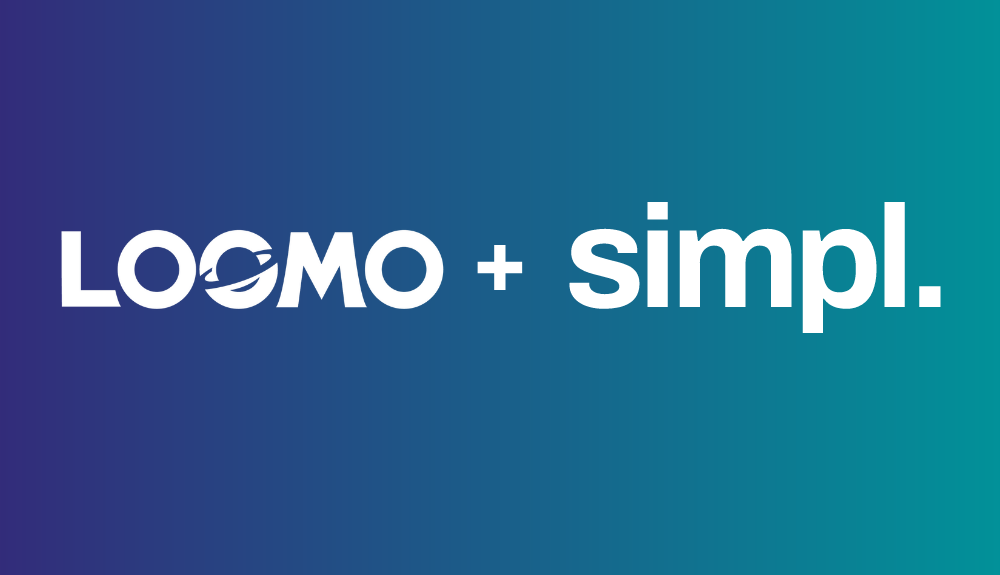As a business owner focused on daily operations how do you make sense of agency proposals that all recommend different tactics and prices?
When it comes to growing your business, it can seem like there’s an endless list of skills that you need to master. To start – no matter what you do – it’s important to get a solid handle on the 4-Ps of marketing. Beyond that, you’re also going to have to flex your muscles in all sorts of areas that you may not have expected such as accounting, human resources, public relations, IT, procurement, janitorial, etc. The list can go on and on.
So, when you finally decide to take on a major brand project with the help of an outside agency, you probably didn’t expect to learn yet another skill – the skill of comparing and making sense of agency proposals that all seem to say and recommend different things, and prices! What’s going on here?
The Truth About Proposals
I’m here to pull the curtain back. To offer the tough-love truth that most agencies don’t want you to hear: “Traditional” proposals are almost always wrong.
I will outline what I mean in a moment, but first I want to make it clear that we’re not just making this stuff up. We’ve learned from a decade of experience – and a wide range of successful agencies working to reform industry norms – that most proposals are a fast-track to project failure.
There are four main reasons why:
- It’s impossible to fully scope a project in 30 minutes. When a business invites proposals from local agencies, they generally give as much info as possible in an email or 30-minute phone call. The problem is, it’s practically impossible to properly scope a project and define a budget with only a surface-level understanding of the problem or opportunity. Further questions that need to be answered include:
- What are the variables that might affect the project?
- What are our project assets or limitations?
- Who are the primary stakeholders that need to have a say?
- What are the likely roadblocks that we will face?
Not knowing the answers to these questions beforehand makes it impossible to know how much time or effort a project might take. So don’t be surprised when your agency comes back with an adjusted budget after a few months.
- Your solution may not be the RIGHT solution. It happens all the time, a potential client comes to us and asks for a new website because sales are slumping and the guy down the block has been kicking butt since he got a new website. Hmm. The answer may be that his website has made all the difference, but it might also be that the issue is stemming from something else. Maybe your product doesn’t stand up against the competition. Maybe your marketing materials are speaking to the wrong audience, but you don’t know it. Maybe your location is inconvenient and the new guy landed some prime real estate. Maybe he’s spending more on digital ads than you. More often than you might expect, clients come to us thinking they have a problem in one area but we discover that their efforts would be best placed somewhere else.
- We need to fully understand your business before we can tell you what to do. Consider this: You have spent countless hours and a significant amount of money building your business. So why do you think a 30-minute conversation is enough time to give an agency the information it needs to make strategic recommendations? We need to take the time to better understand you, your business, and how this project plays a role in your business’ growth. NOTE: If the prospective agency you are courting doesn’t ask you about this, run.
- A proposal can’t tell you how you are going to make more money. Every business expense needs to result in a tangible return on investment. It’s not complicated. That said, most proposals simply tell you how your money will be spent without outlining how the agency will help your company make more money in the long run.
How a Road Map Helps

So what is a Road Map? Simply put, a Road Map offers a deep dive into your business problem and a list of proposed actions (with far more accurate pricing) for what it will take to fix it. Importantly, a Road Map isn’t a guess. It tells you what you can expect, what turns and twists are likely to be encountered, and how long it will take to get to your destination. Best of all, it is tied to business objectives and financial growth targets so you can be confident that the project won’t be just another cost-centre.
During a Road Mapping session, the Loomo team will sit down with you to delve deep into your business problem and what you are hoping to achieve. The Road Map looks at eight key areas:
- Who you are and what drives your business – Why did you start your business? What is the change you want to see in the world? What is the goal for you and the company?
- What the problem is – What is the root cause of your problem? Should that be our focus? Ask yourself why the proposed solution will fix the problem at hand. Then ask why again, and again, until you get to the root of what needs to change.
- Who your customers/audiences are – Who are you trying to reach? Employees? Potential customers? B2B sales leads? Look to your audience and how they prefer to communicate, and your tactics will define themselves.
- What the payoff needs to be – What defines success and what defines failure? What are the strategic business goals that this project directly impacts or supports?
- The risks and priorities – What will stop the project from being successful? How can we avoid or mitigate any identified risks?
- Project roles & actions – Who is expected to be part of the team? What are they expected to do?
- Project architecture – What are the technical aspects of the project we will need to manage? If the solution is technology-based (e.g. e-commerce websites) a deep-dive into your systems and requirements will also need to be undertaken.
- Reassess the risks – We will go over the risks again to see if more have come to light.
- Map the project to your business goals – How do the project objectives and timeline align with your key business goals? It’s important that we make sure the newly defined project is tied to and supports your overall strategic goals, or we will go back and change it so that it does.
Now, it’s important to note that Road Mapping is not free, but it is worth it. After years of working with clients of all sizes, we can say from experience that the costs of having your project delayed due to a lack of clarity on direction or scope are far more significant. At the end of the day, if you choose not to go with Loomo for your project, you will still have a detailed strategic plan in hand for how you can solve your business problem, and that’s what we care about in the long run.
Now, all of this said, if you do happen to ask us for a proposal, we will do our best to accommodate that, but don’t be surprised if we suggest a better way. If you would like to book a Road Mapping session with us, don’t hesitate to contact us today.




